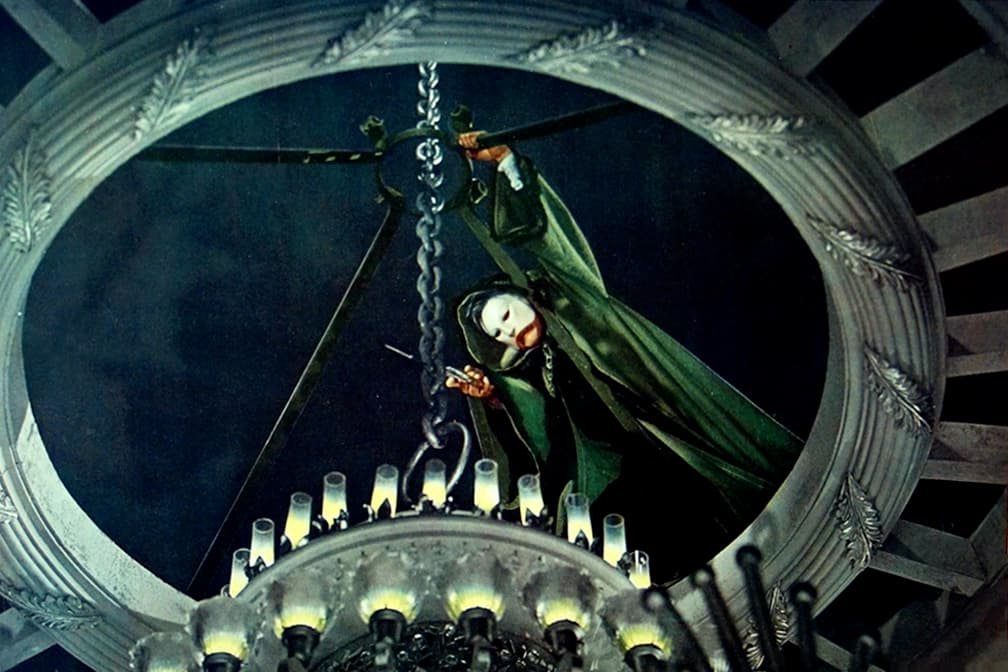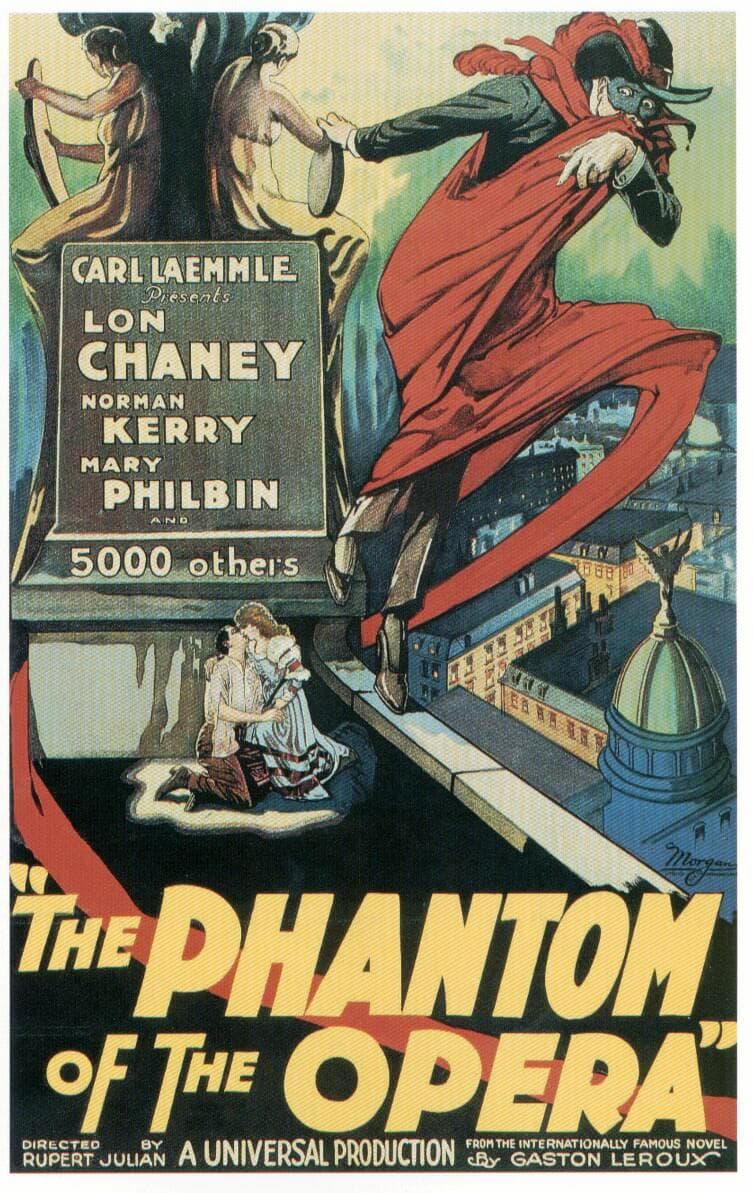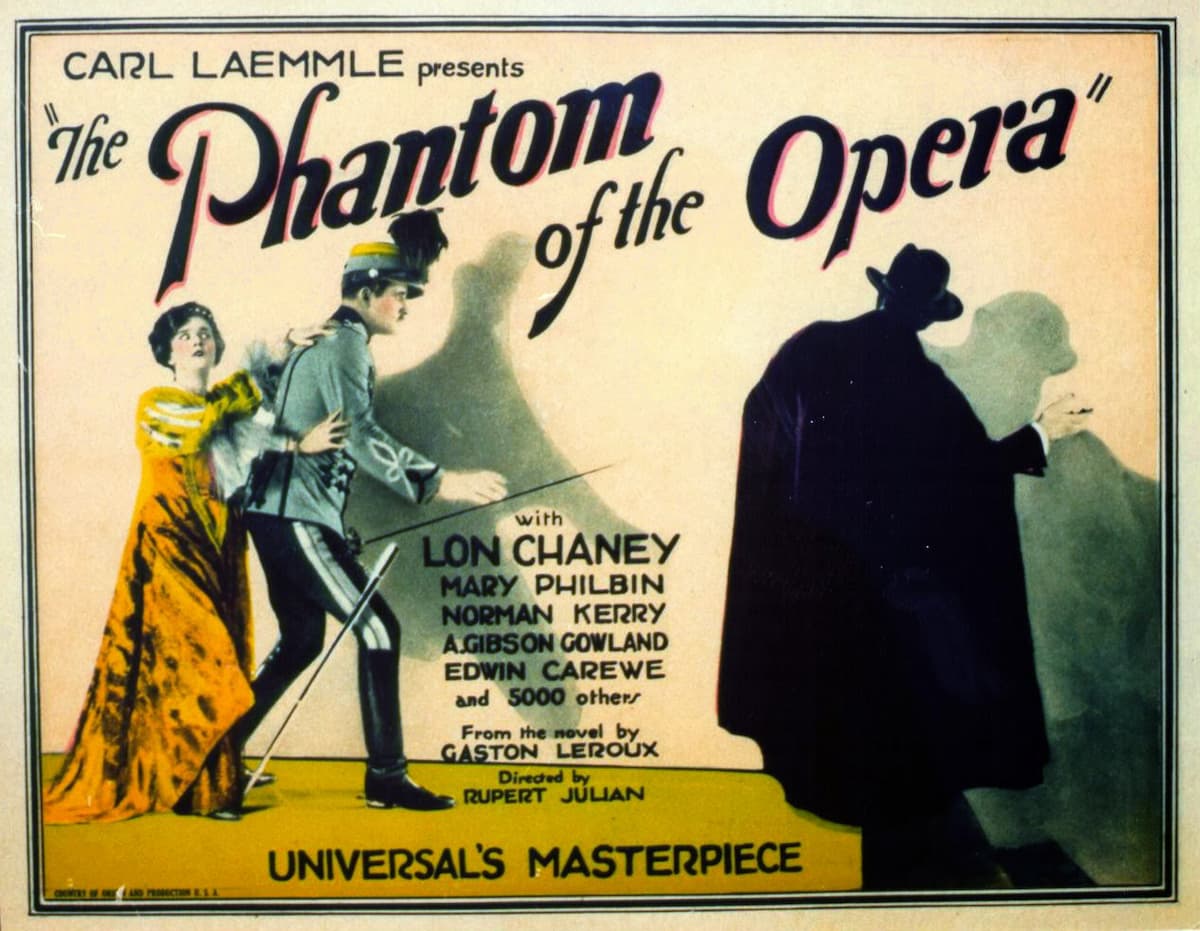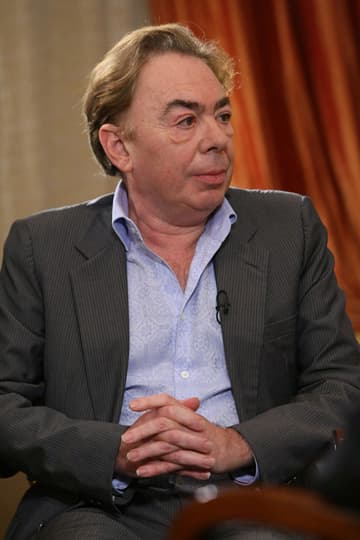The Phantom of the Opera was the longest-running show in Broadway history, celebrating its 10,000th performance on 11 February 2012.

Phantom of The Opera Claude Rains 1943
The production grossed over 1 billion dollars on Broadway, and 6 billion worldwide. Premiered on 9 October 1986 at Her Majesty’s Theatre in London, a large part of the musical’s success has been attributed to the score by Andrew Lloyd Webber.
Andrew Lloyd Webber: The Phantom of the Opera, “The Music of the Night”
The Novel
Gaston Leroux had trained to be a lawyer, but after gambling away his money he became a reporter for L’Écho de Paris. Fascinated by the stories of Edgar Allan Poe and Arthur Conan Doyle, he began writing a novel set in the Palais Garnier, the Paris Opera House. There had been persistent rumours of a ghost haunting the opera house, as a fire in the roof had melted through wires holding the chandelier. Crashing to the floor, it injured several people and killed one.

The Phantom of the Opera, 1925 poster
Using the accident paired with the ghost rumour, Leroux published his novel Le Fantôme de l’Opéra in 1910. The famous underground lake is actually an enormous cistern right beneath the opera house, and it is currently still used to train firefighters to swim in the dark. Since Leroux was a theatre critic and came from a musical family, he was knowledgeable about music and how to use it as a framing device. In fact, the descriptions of music are an integral part of the novel, particularly in the relationship between Christine and Erik.
Andrew Lloyd Webber: The Phantom of the Opera, “Think of Me”
Critical Reception and First Adaptations
The novel was particularly unpopular in France when it was first published, with a review expressing disappointment “in the way the phantom was portrayed, and that the feeling of suspense and horror is lost once it is found out that the phantom is just a man.” However, a serialized version was widely read and initially adapted into a 1916 German silent movie, a film that has not survived.
In 1925, the New Zealand cinema actor, director, and producer Rupert Julian took on the story and he directed the silent American horror film titled The Phantom of the Opera for Universal Pictures. Featuring Lon Chaney and Mary Philbin in this story of murder and mayhem, initial reception was extremely negative. “There is too much spook melodrama,” a critic wrote, as the studio had decided on an ending where the Phantom is not redeemed by a woman’s kiss. Joseph Carl Brail prepared the musical score using a 60-piece orchestra, but the music did not survive.
Andrew Lloyd Webber: The Phantom of the Opera, “Twisted every Way”
1943 Remake and 1984 Musical

Universal Studios announced a remake of The Phantom of the Opera in 1935. This version, directed by Arthur Lubin, was to be set in modern-day Paris and featured the Phantom as a psychologically wounded World War I veteran who was physically unharmed but imagined that he was disfigured. The film was eventually released in 1943, and the musical score was composed by Edward Ward, who adopted music from Tchaikovsky’s Symphony No. 4 and themes from Chopin for the opera sequences. Ward also composed the original theme song titled “Lullaby of the Bells,” and this classic Universal horror film won an Oscar for Art Direction and Cinematography.
Fast forward to 1984, when Andrew Lloyd Webber was proposing a new musical based on Leroux’s book. He screened both the 1925 and 1943 motion pictures but was unsure if the leap from film to stage could be achieved. However, when he found a copy of the original novel he quickly found the necessary inspiration. As he recalled, “I was actually writing something else at the time, and I realised that the reason I was hung up was because I was trying to write a major romantic story, and I had been trying to do that ever since I started my career. Then with the Phantom, it was there!”
Andrew Lloyd Webber: The Phantom of the Opera, “Wishing You Were Somehow Here Again”
Andrew Lloyd Webber’s Score

Andrew Lloyd-Webber
While maintaining the form and structure of a musical throughout, Lloyd Webber infuses an operatic style into the score. These operatic passages are primarily reserved for subsidiary characters like André and Firmin, Carlotta, and Piangi. They provide the content for the fictional operas that are part of the show, including the Phantom’s masterwork, “Don Juan Triumphant.” The musical extracts from “Don Juan Triumphant” use modern harmonies and time signatures, suggesting that the Phantom isn’t just a misfit or a Hunchback that symbolizes every individual unjustly spurned by society. He is a misunderstood visionary, a modern composer, a stand-in for every neglected, embittered artist accused of alienating the public.
Although the music is primarily rock-oriented, Lloyd Webber’s score is explicitly derived from the operatic conventions of Puccini. Its lyric melodies and musical sentimentality, its leitmotifs, the lush orchestrations that emphasise strings and woodwinds are essentially borrowed Puccini traits. In addition, Lloyd Webber provides a pastiche of various grand opera styles, canvasing Meyerbeer through Mozart and Gilbert and Sullivan. Frequently presented as musical fragments, the music is constantly interrupted by dialogue or action sequences “in order to clearly define the “show within a show” format.” 2004 brought us another cinematographic version, and the latest remake is the 2015 musical comedy film starring Johnny Depp, Sacha Baron Cohen, and Helena Bonham Carter. The Phantom, it seems, is alive and well.
For more of the best in classical music, sign up for our E-Newsletter
